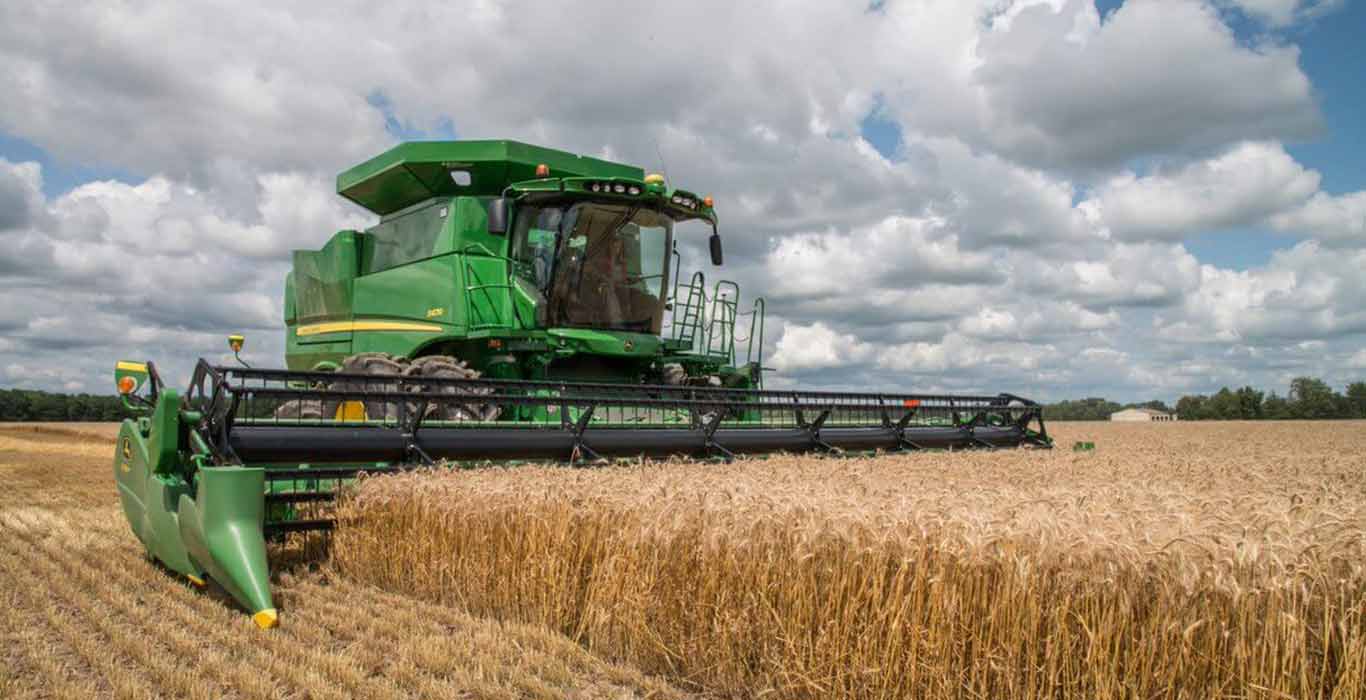Welcome To ChemAnalyst

In an unprecedented move, Hungary, Romania, and Slovakia have indicated their readiness to enforce a national ban on Ukrainian grain imports. This decision has been made in the wake of the European Union's (EU) temporary prohibition on such imports, which is due to end on September 15.
This collaborative effort by these Central European nations is perceived as a preventive strategy designed to shield their agricultural sectors from a potential flood of Ukrainian grain. The proposed ban is being viewed as a fallback plan in the event that the EU decides not to prolong its temporary preventive measures. These measures were initially put in place to manage the influx of Ukrainian grain into Europe's markets.
Concurrently, Bulgaria and Hungary are campaigning for the lifting of the ban. Their contention is that maintaining the ban could have adverse effects on their economies, given their market interdependence with Ukraine. Both countries enjoy substantial trade ties with Ukraine, particularly in the agricultural sector. An extended embargo could potentially disrupt their supply chains and cause a surge in domestic grain prices.
The dependency of Ukraine on Solidarity Lanes, its primary export route for grain, has had significant ramifications for farmers in adjacent states. The over-dependence on this route has resulted in an oversupply of Ukrainian grain in these markets, subsequently affecting the profitability of local farmers adversely.
The EU Agriculture Commissioner has expressed support for the extension of the ban, underscoring the importance of continuous protection for the European agricultural sector against potential market destabilization. The Commissioner maintains that an extension is necessary while the EU evaluates the long-term implications of unrestricted Ukrainian grain imports on its member states.
The national ban proposed by Hungary, Romania, and Slovakia could have severe repercussions for Ukraine's economy in both the short and long term. In the short term, the ban could result in a surplus of grain in Ukraine, which could trigger a decline in domestic prices and subsequently, reduce farmers' income. In the long run, this could deter investment in the Ukrainian agricultural sector, hinder growth, and potentially result in job losses.
This situation underscores the precarious balance between free trade and market protection within the EU and its neighboring countries. As negotiations progress, the focus will be on the EU's decision, due on September 15.
Despite the challenges, it's clear that the ban's implications extend beyond mere trading relations. They touch on the larger issues of economic sustainability, market stability, and regional interdependence. Whether the ban is lifted, extended, or nationalized will set a precedent for future trade relations and market protections, not just for Ukraine and the involved European nations, but potentially for other global agricultural markets as well.
Whatever the outcome, it's evident that the decisions made now will have lasting effects on the agricultural landscape of these regions. This issue serves as a stark reminder of the interconnectedness of the global economy, and the fine line policymakers must tread between protecting domestic interests and fostering international trade relations.
We use cookies to deliver the best possible experience on our website. To learn more, visit our Privacy Policy. By continuing to use this site or by closing this box, you consent to our use of cookies. More info.
